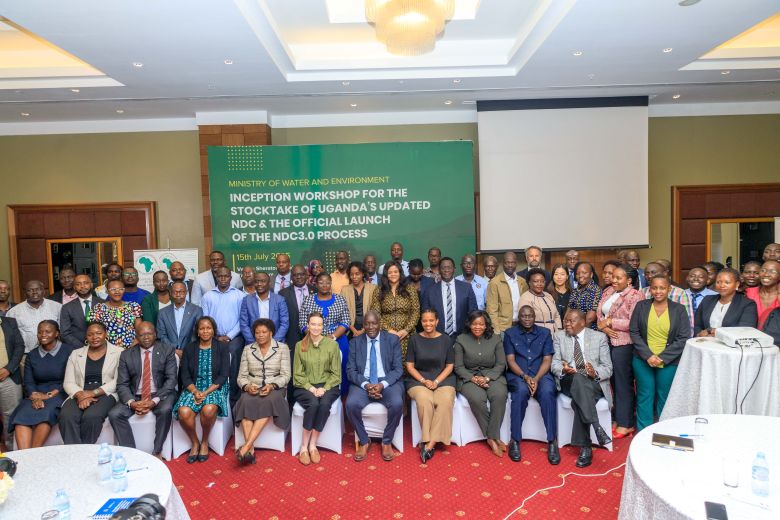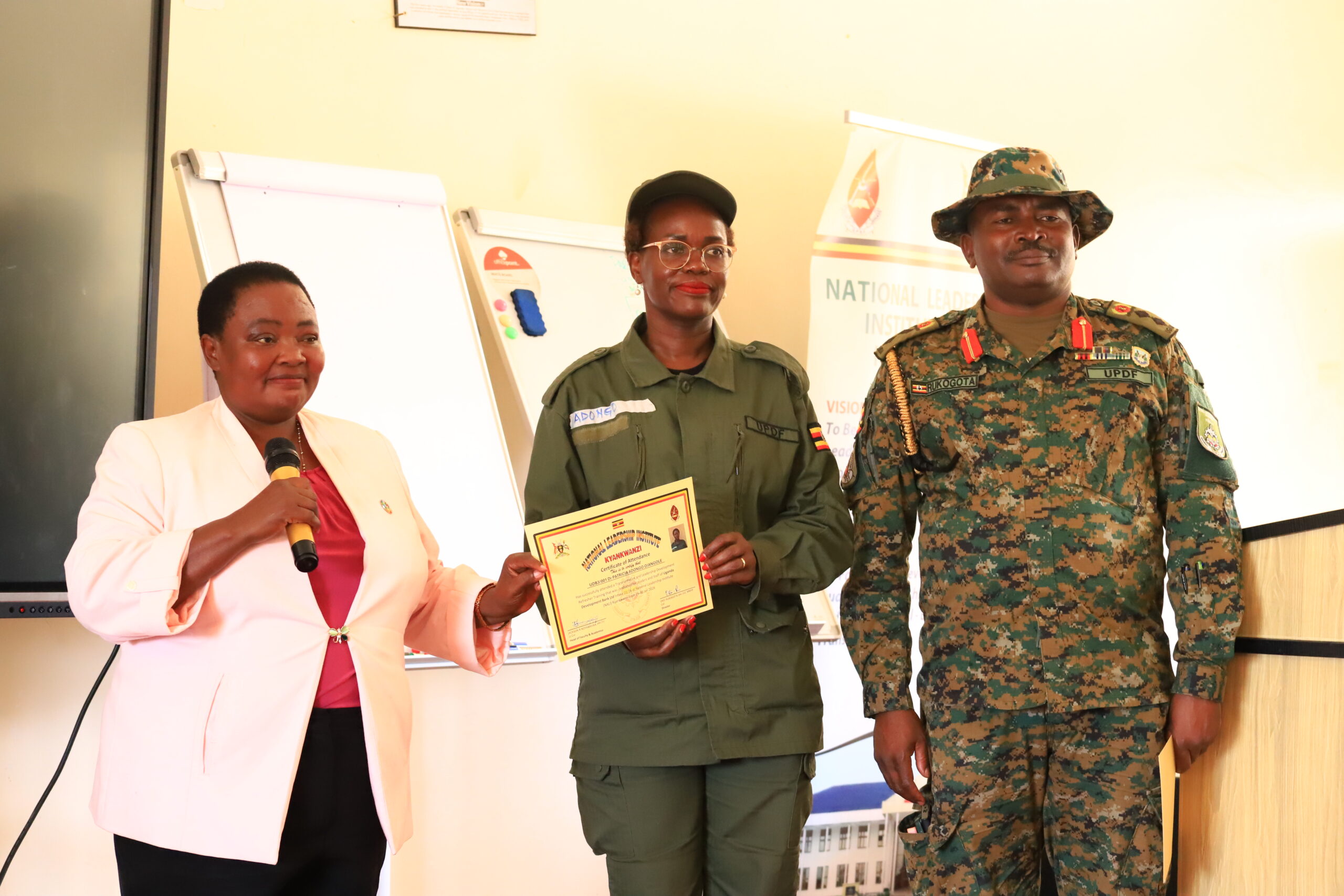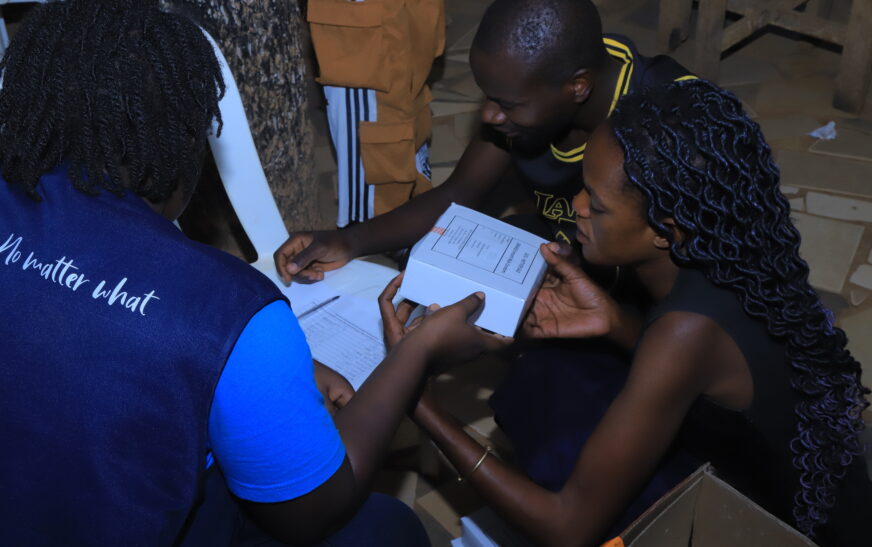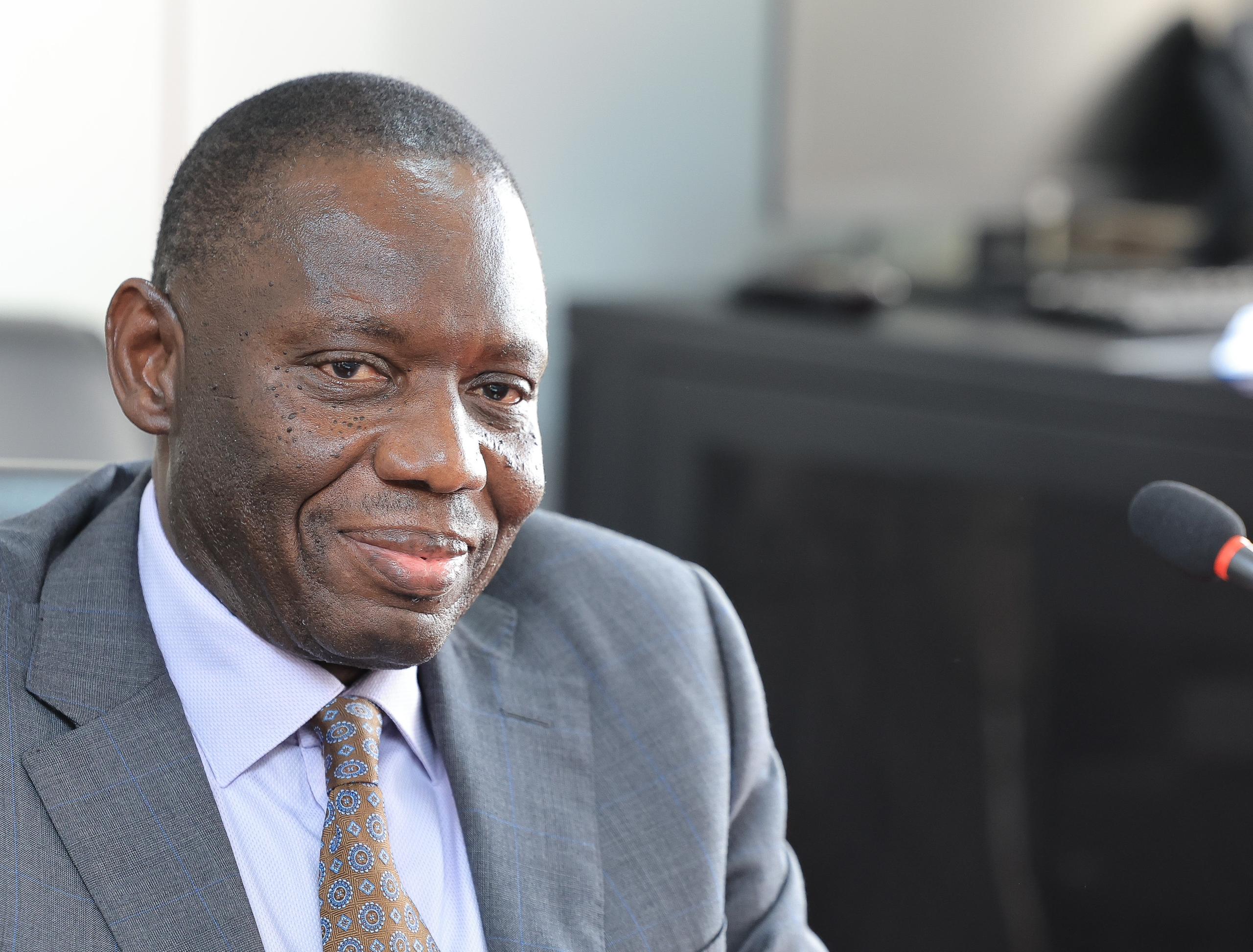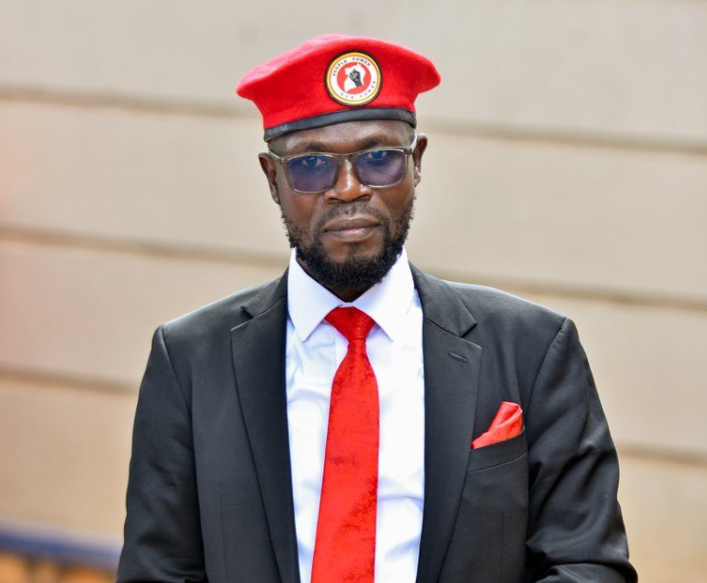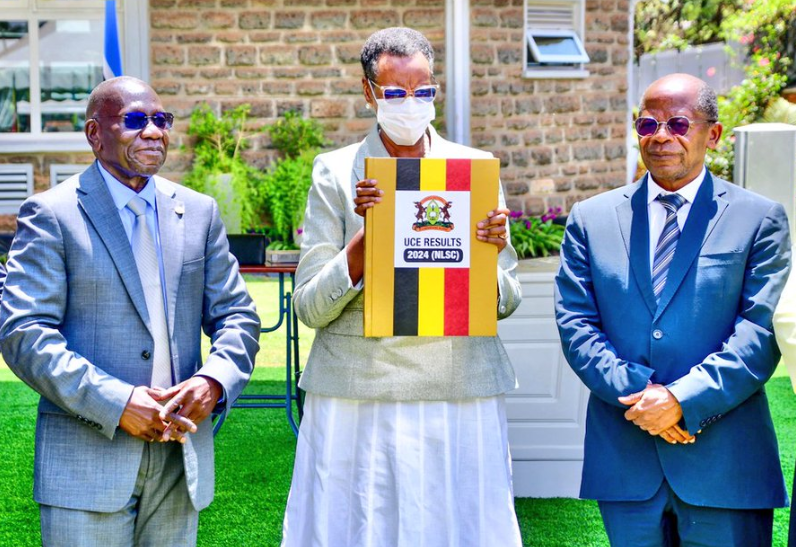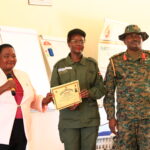The Government of Uganda, with support from the African Development Bank, has launched the stocktake of its updated Nationally Determined Contribution (NDC) and initiated the development process for NDC 3.0.
The launch, which took place during an inception workshop at the Sheraton Hotel in Kampala, marks a significant milestone in Uganda’s climate action agenda. It aligns the country’s efforts with the outcomes of the first Global Stocktake under the Paris Agreement and aims to enhance climate ambition while addressing national development priorities.
The workshop brought together a diverse group of stakeholders, including senior government officials, development partners, civil society organizations, and members of academia. Participants reviewed Uganda’s NDC 3.0 roadmap, which outlines the next steps: evaluating implementation of the 2021 updated NDC, identifying emerging priorities, refining targets, estimating costs, and preparing investment-ready plans to support execution.
In her opening remarks, Dr. Josephine Ngure, Acting Country Manager for Uganda at the African Development Bank, emphasized the importance of inclusive stakeholder participation in the NDC process.
“As we adopt the inception report to assess progress on Uganda’s updated NDC and commence preparations for NDC 3.0, I am encouraged by the strong engagement from government leaders, development partners, the private sector, civil society, and academia. This inclusive approach is critical to ensuring that NDC 3.0 is ambitious, achievable, and finance-ready,” she said.
Dr. Anthony Nyong, Director of the Bank’s Climate Change and Green Growth Department, also underscored the importance of quality NDCs.
“Well-crafted NDCs enhance credibility and transparency, especially in mobilizing climate finance and other implementation mechanisms,” he noted.
The stocktake is funded through the Africa Climate Change Fund Multi-Donor Trust Fund and aligns with the African Development Bank’s Climate Change and Green Growth Strategy (2010–2030), which prioritizes building technical capacity among Regional Member Countries.
Dr. Alfred Okot Okidi, Permanent Secretary at the Ministry of Water and Environment, reaffirmed Uganda’s leadership in climate action and the goal of developing an investment-grade NDC.
“We aim to develop an implementable, trackable, investment-grade NDC. Our focus is on adaptation, green job creation, and securing the future for the next generation,” he said. He also called on the private sector to actively engage, highlighting the wide range of opportunities embedded in the NDC process.
The inception workshop also reviewed a draft report prepared by the independent consulting firm HEAT GmbH. Participants discussed proposed national indicators to guide the stocktake, as well as strategies for tracking progress, identifying data and capacity gaps, and aligning climate targets with Uganda’s long-term development goals.
The workshop concluded with the adoption of the draft inception report, identification of areas for refinement, and a call for a robust public awareness campaign on the NDC 3.0 process. Uganda reiterated its commitment to developing a comprehensive, inclusive, and actionable NDC that integrates adaptation, mitigation, and financing strategies.
This initiative represents a decisive step toward submitting Uganda’s third NDC under the Paris Agreement—reinforcing its commitment to a low-emission, climate-resilient future in alignment with Vision 2040.

